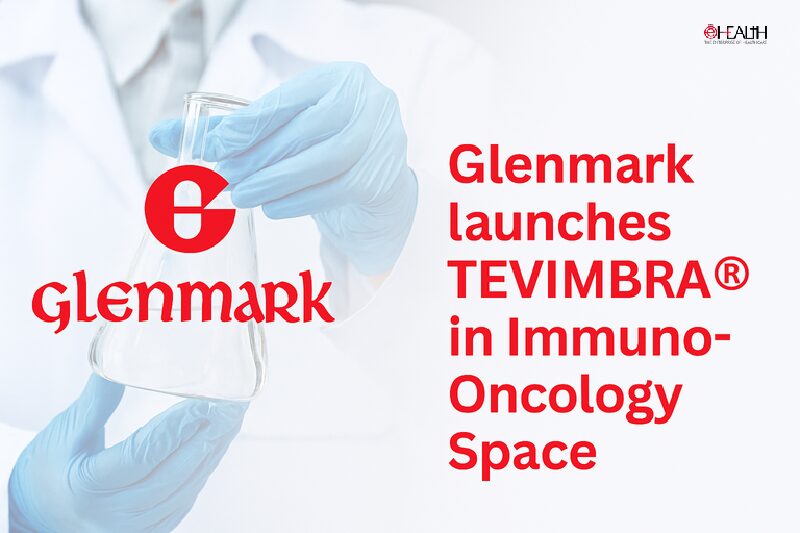
 Abbott recently announced the initiation of a clinical trial uating long-term outcomes of patients who undergo stent implantation guided by high-resolution light-based imaging technology–called optical coherence tomography (OCT)–compared to a common X-ray-guided technique called angiography.
Abbott recently announced the initiation of a clinical trial uating long-term outcomes of patients who undergo stent implantation guided by high-resolution light-based imaging technology–called optical coherence tomography (OCT)–compared to a common X-ray-guided technique called angiography.
The trial (ILUMIEN IV) is the first large-scale randomised global study using Abbott’s OCT imaging in patients with high-risk, complex coronary artery disease.

Patients in the study will be randomized to either OCT-guided or traditional angiography to guide placement of one or more Xience everolimus-eluting coronary stents.

The first patient was enrolled by Franco Fabbiocchi, MD, director of Invasive Cardiology Unit IV at IRCCS Centro Cardiologico Monzino in Milan, Italy.

During stent implantation guided by one of Abbott’s OCT platforms, physicians use high-resolution images taken directly inside the patient’s vessels to accurately measure dimension and choose a stent that best fits the vessel.

OCT is also used to help physicians ensure the stent is fully expanded and is flush against a vessel wall, which are both important factors in reducing stent failure.
The ILUMIEN IV trial will enroll up to 3,650 patients with high-risk, complex disease at 125 centers in North America, Europe and Asia to determine if OCT-guided stent procedures result in larger vessel diameters — thus, allowing increased blood flow — and whether this will improve clinical outcomes for patients compared to stent procedures guided by angiography.
Patients with complex disease may have multiple, or totally blocked arteries, or other diseases such as diabetes; and these patients account for an increasing number of cases.
Be a part of Elets Collaborative Initiatives. Join Us for Upcoming Events and explore business opportunities. Like us on Facebook , connect with us on LinkedIn and follow us on Twitter , Instagram.
"Exciting news! Elets technomedia is now on WhatsApp Channels Subscribe today by clicking the link and stay updated with the latest insights!" Click here!
















